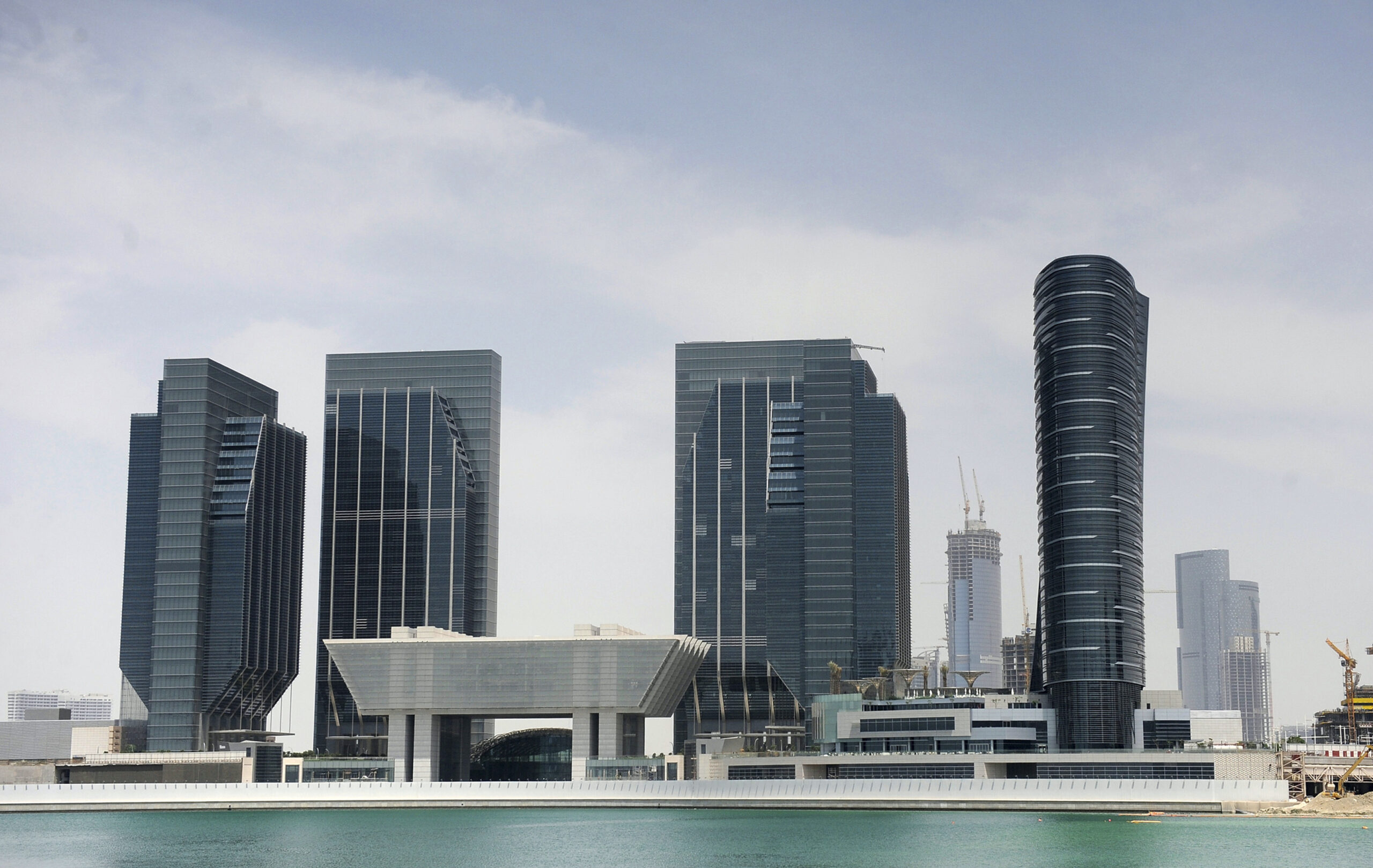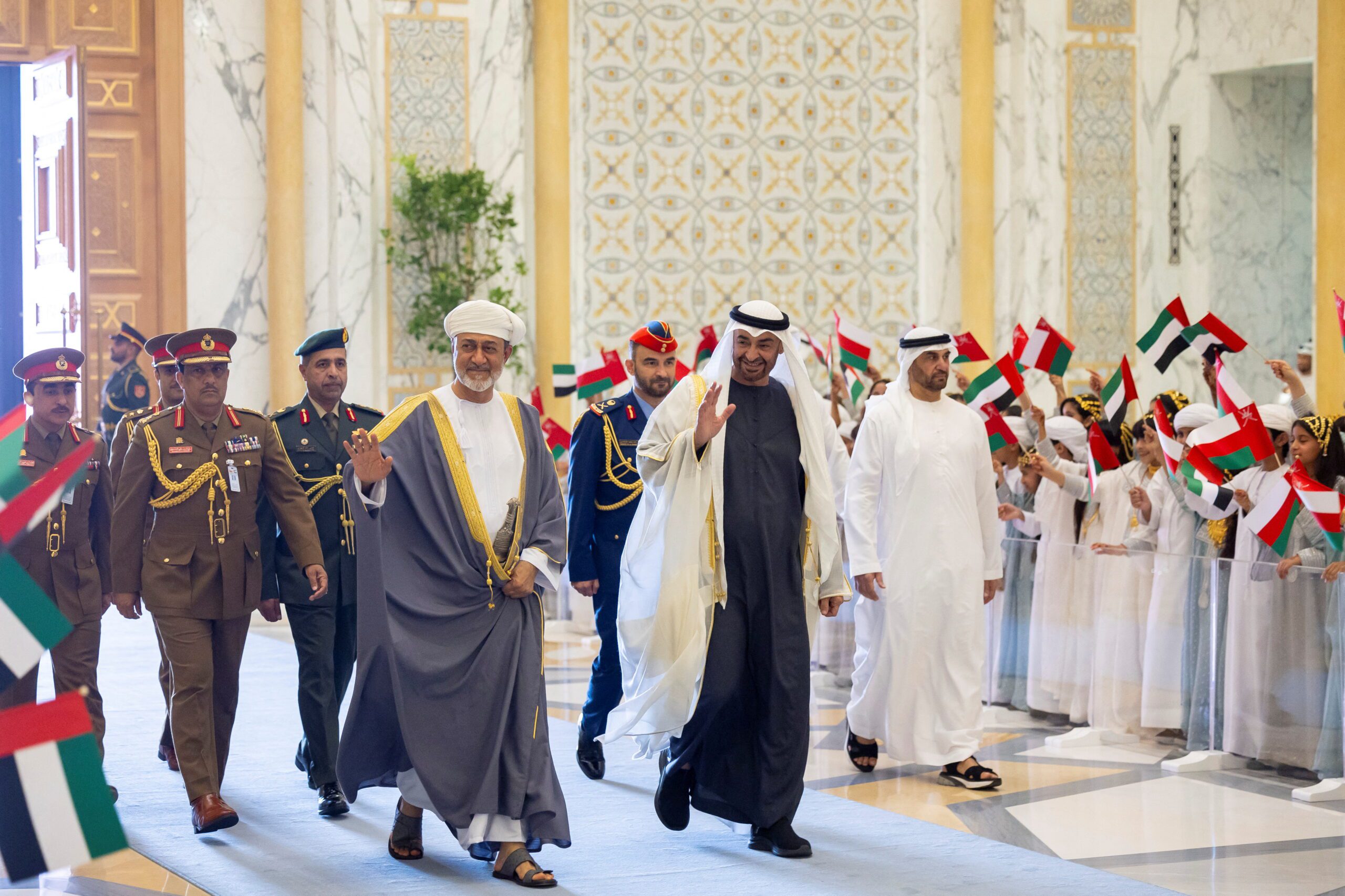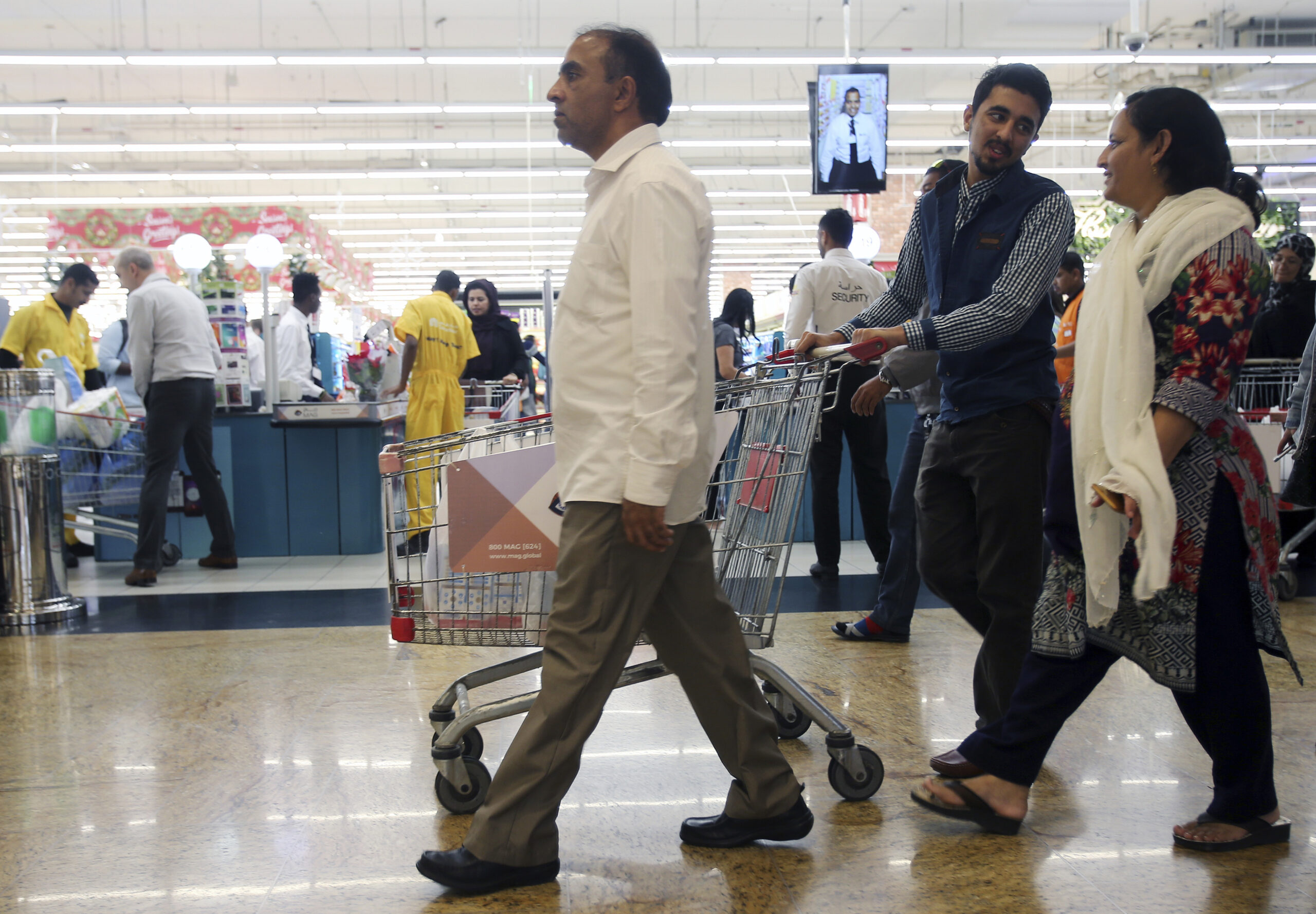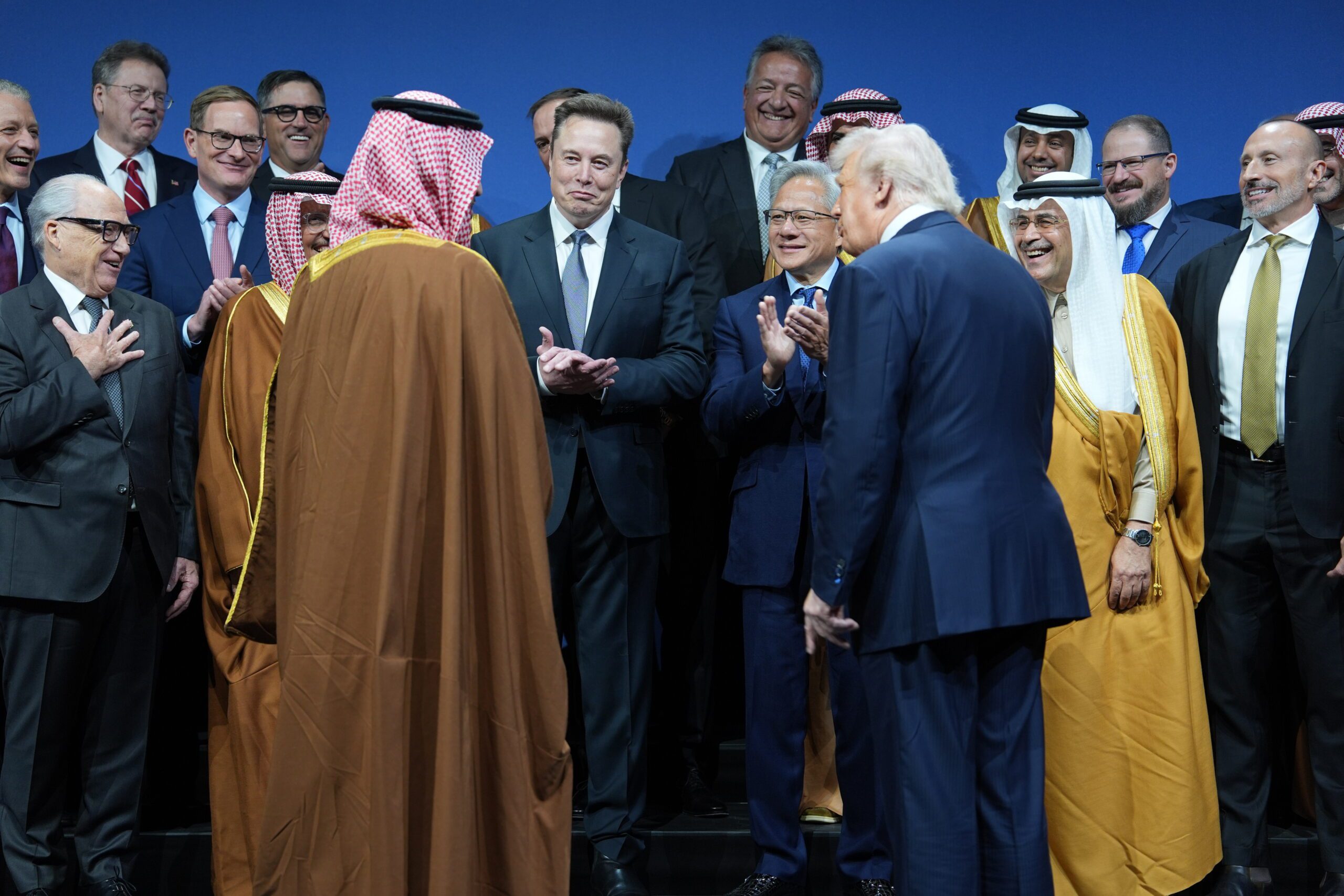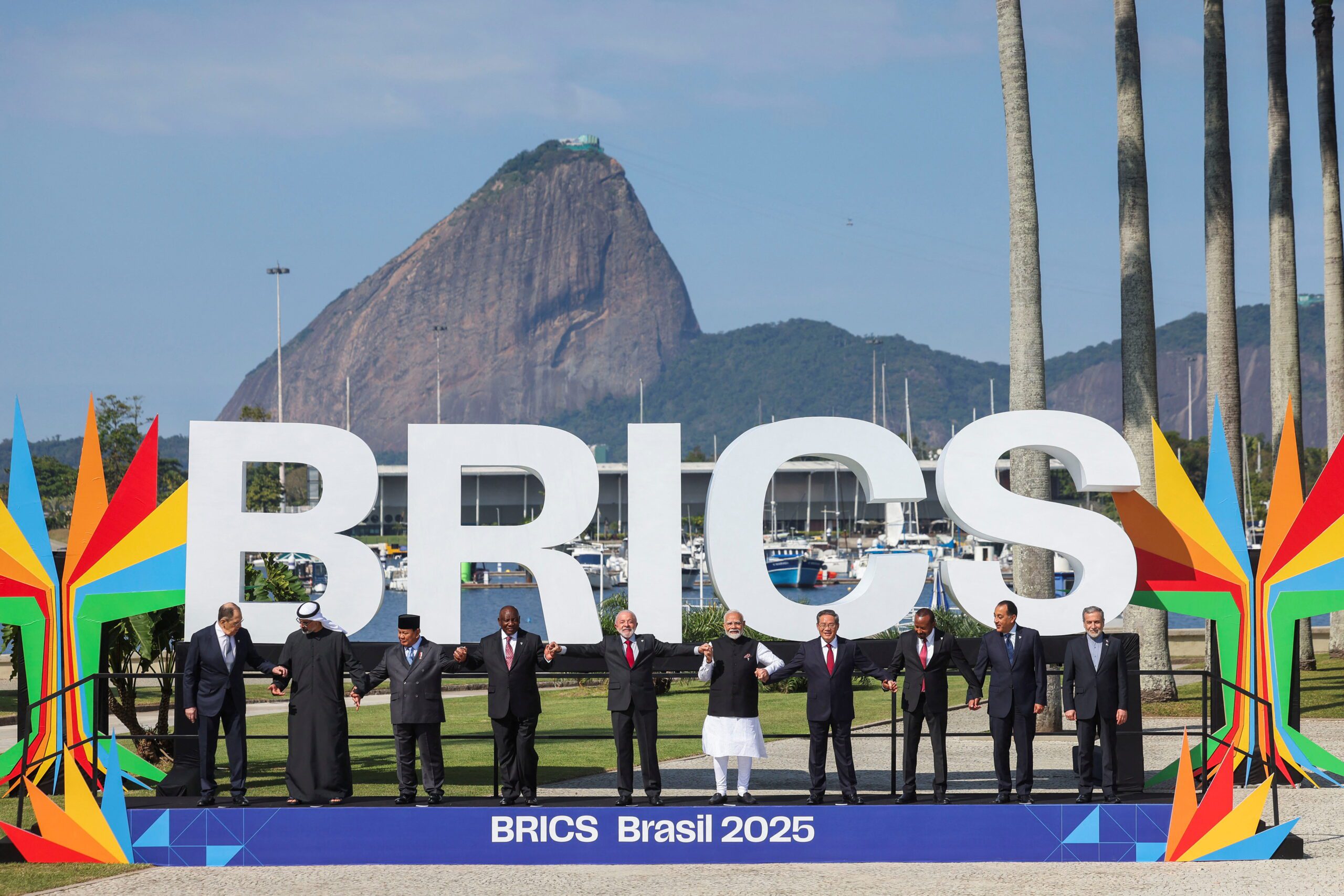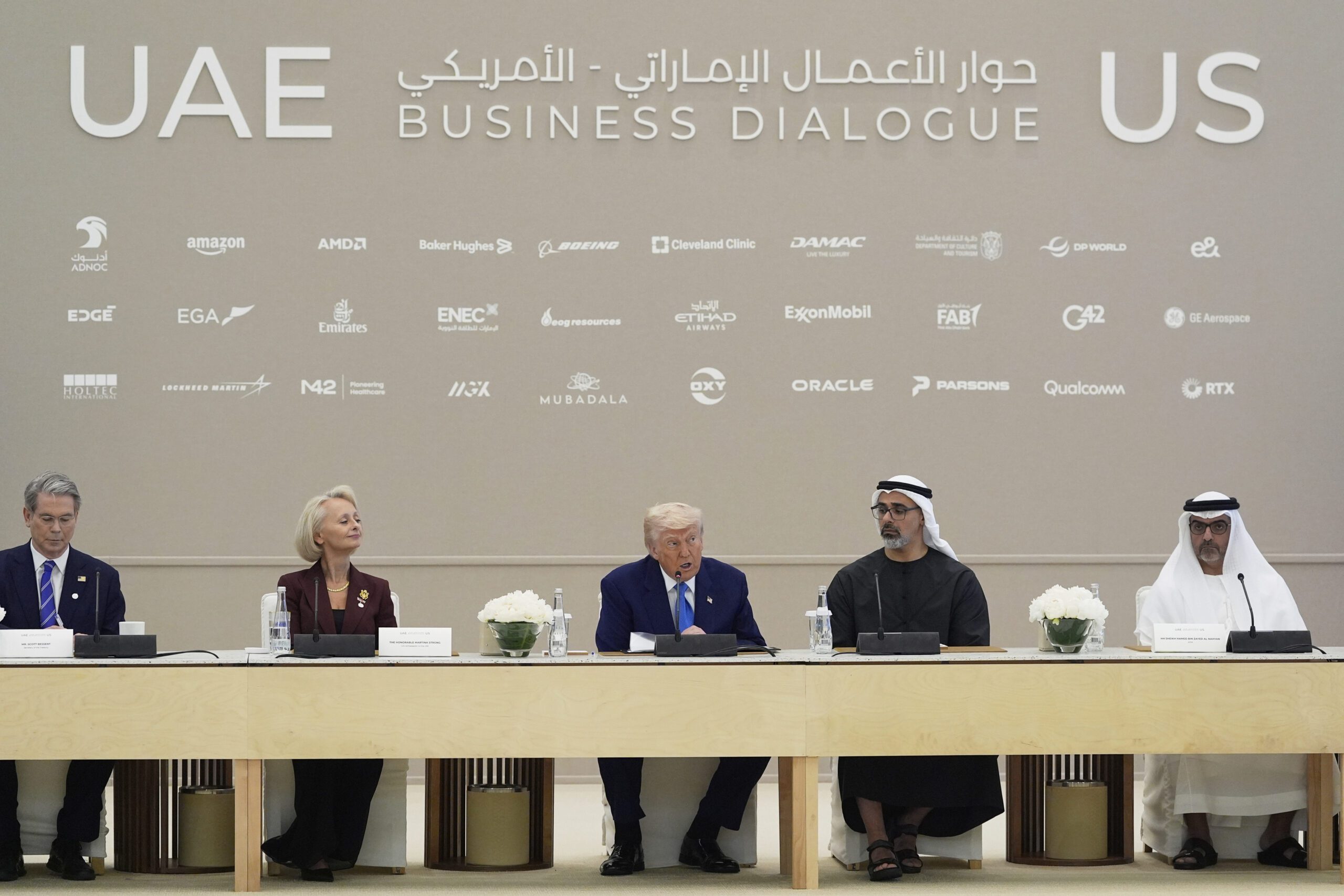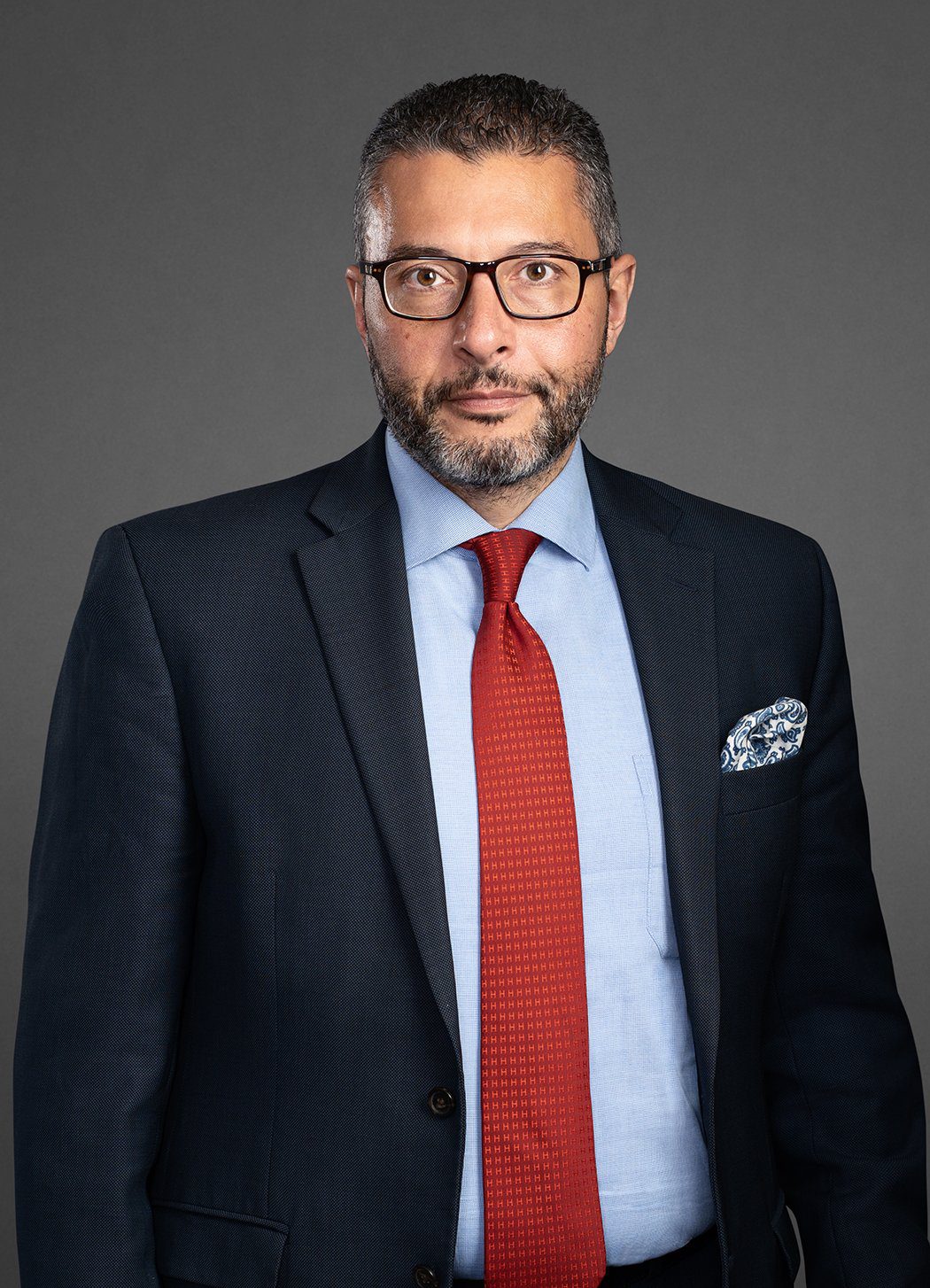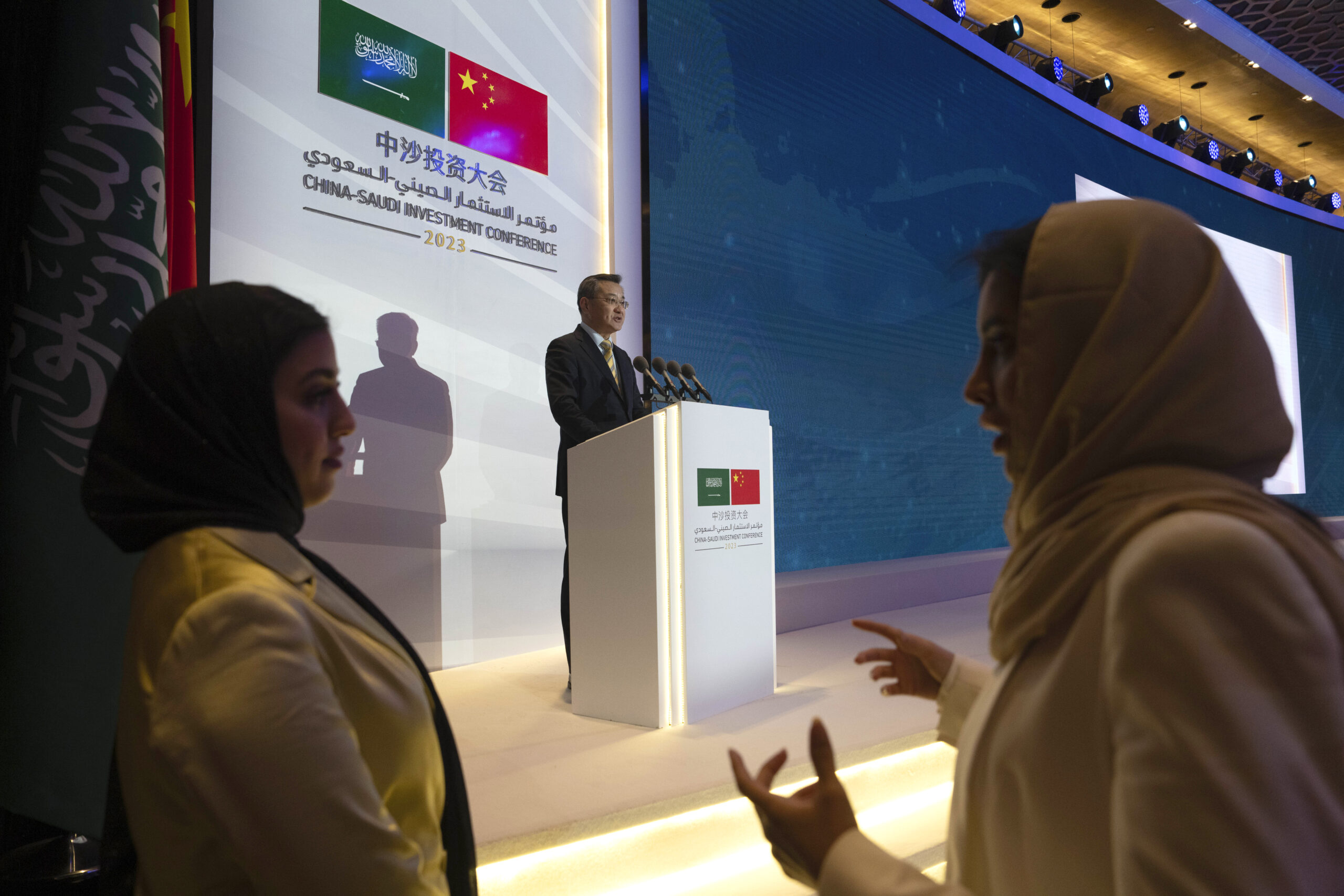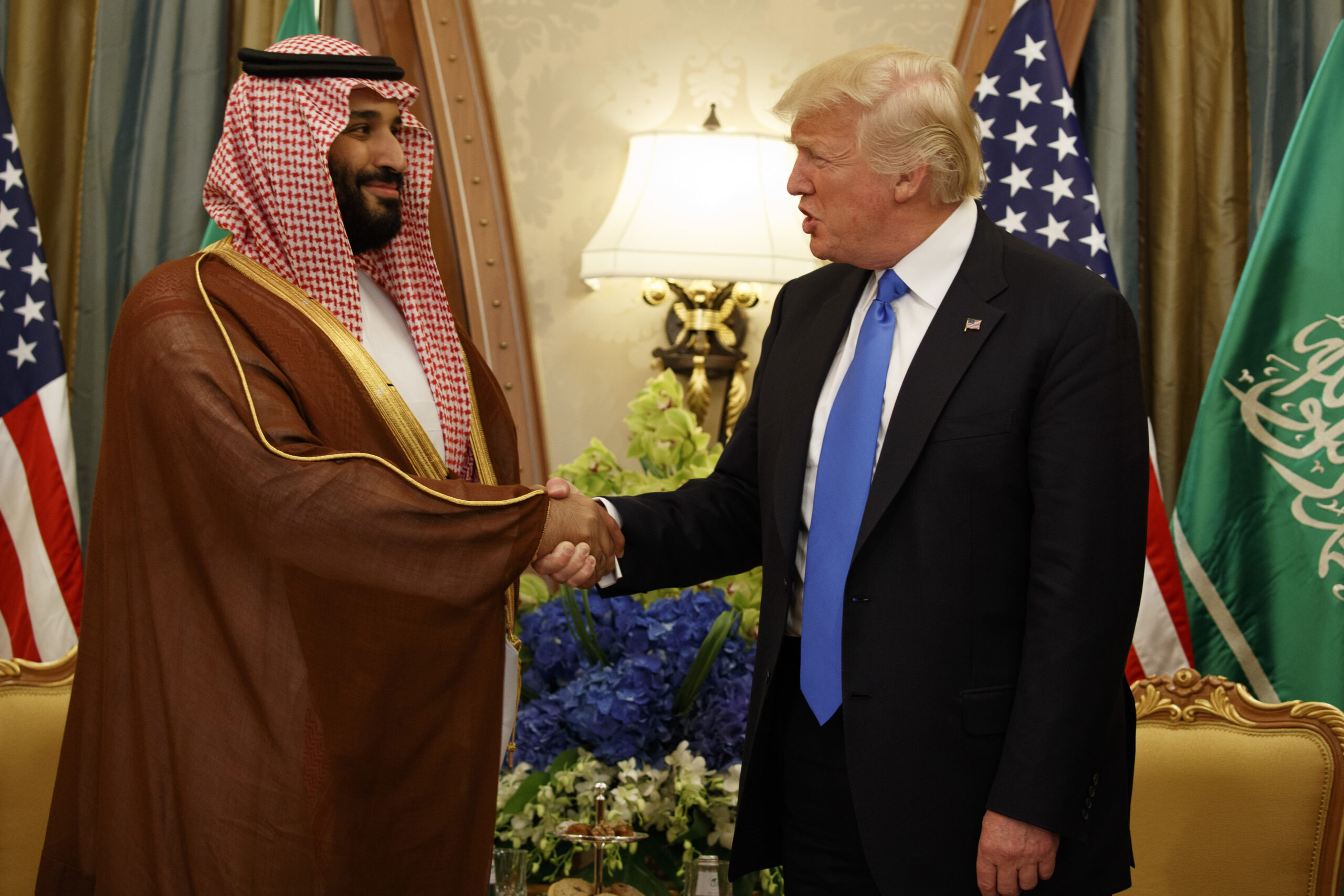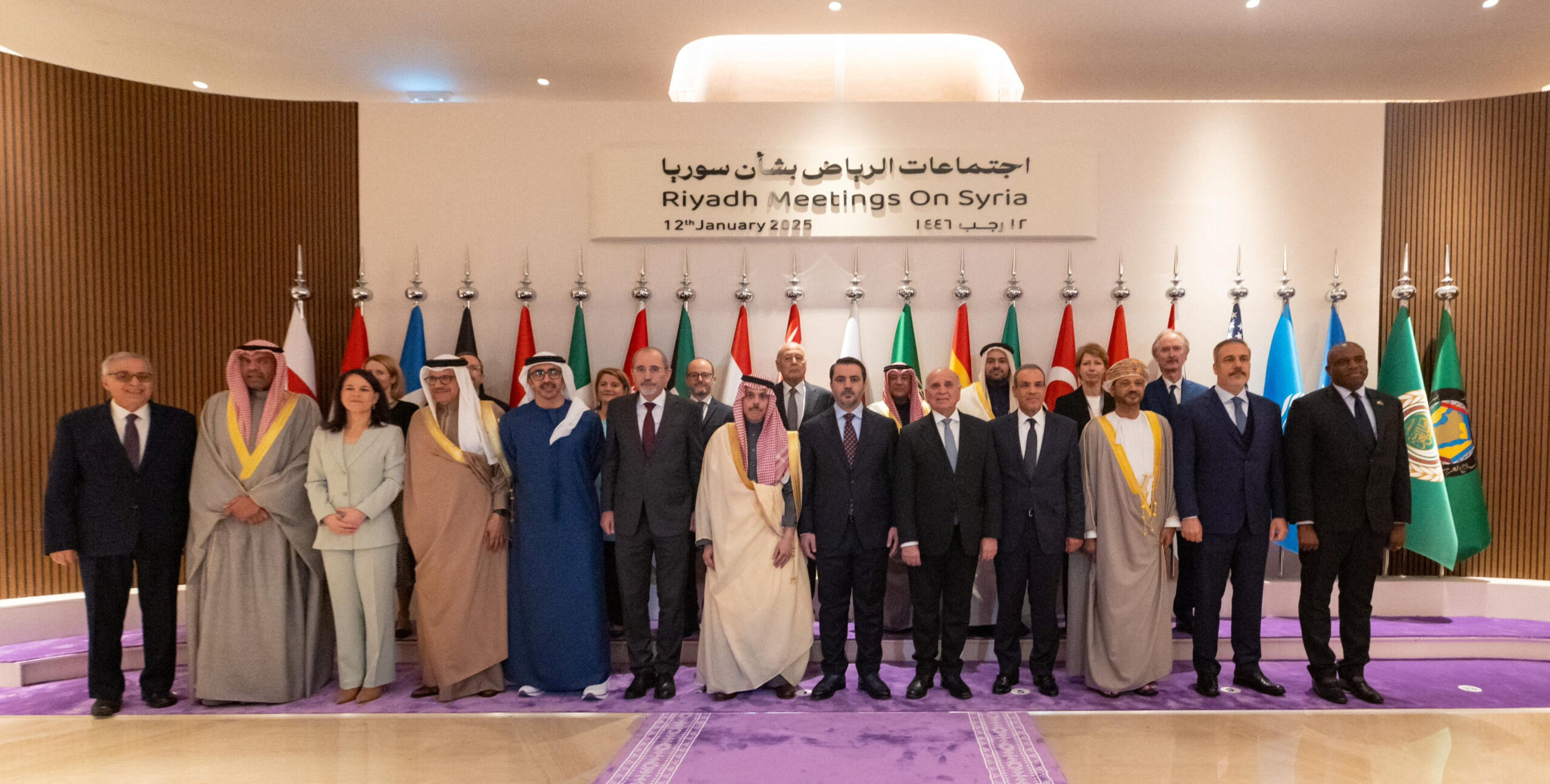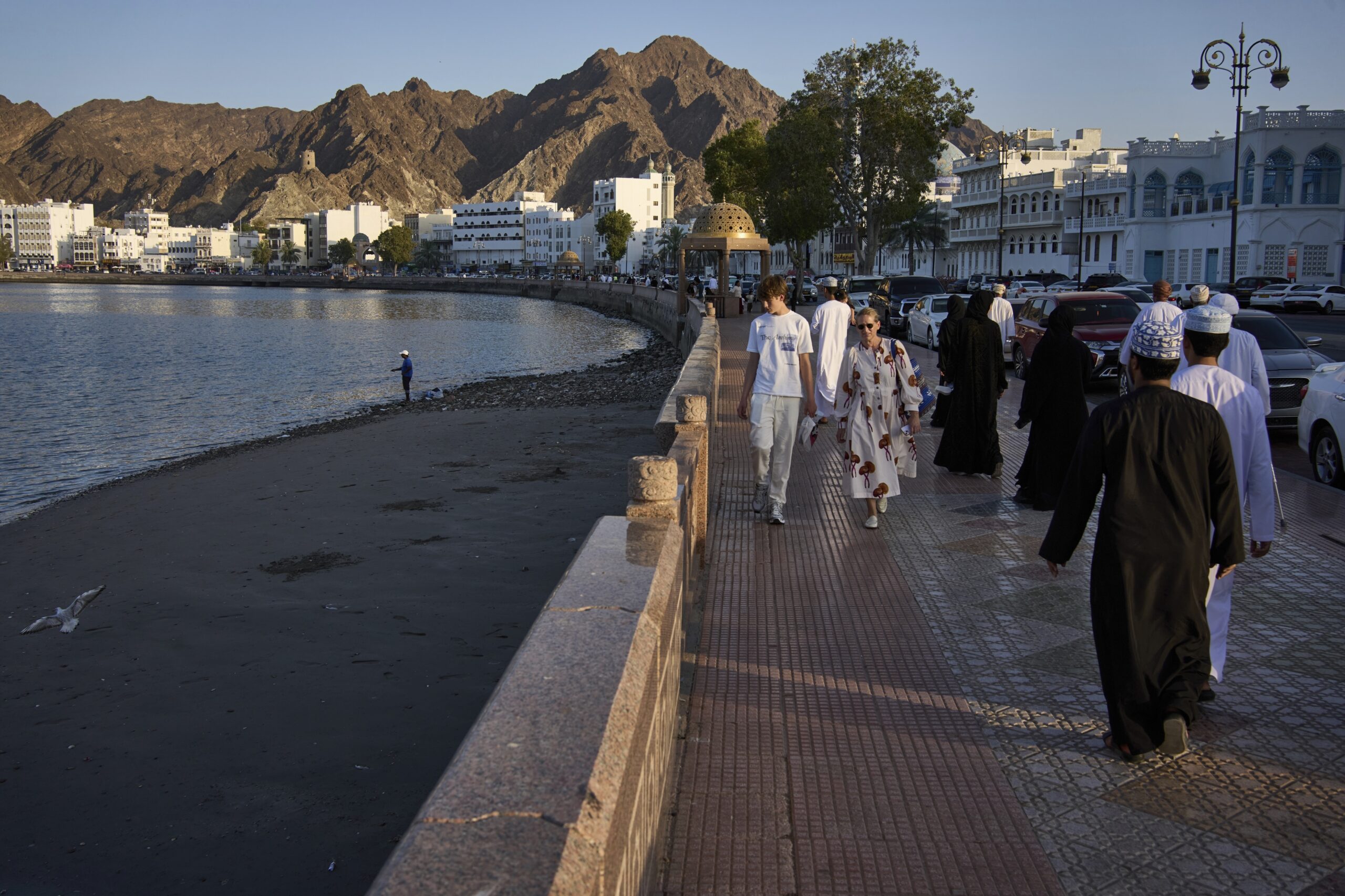
In late June, Omani authorities enacted a royal decree introducing a personal income tax, which will take effect in January 2028. This will be imposed at a standard rate of 5% on individuals with an annual gross income exceeding 42,000 Omani rials (approximately $109,200). Oman is the first Gulf Cooperation Council state to announce a personal income tax. The income tax will be levied on both citizens and expatriates who exceed the annual income threshold.
With this step, the Omani government’s primary objective is not necessarily to pioneer new tax regimes. Nor is the planned personal income tax especially likely to spark major shifts in the country’s political economy. Oman’s personal income tax is better viewed as part of a multipronged policy to achieve incremental progress on fiscal consolidation and economic diversification efforts.
The latest tax development in Oman also fits the region’s broader trend: gradually increasing taxes. Yet other countries are not necessarily going to follow in Oman’s footsteps on a personal income tax. The process of increasing taxes has been slow and uneven – with varying tax types and rates across countries – alongside room to negotiate exemptions and other forms of preferential treatment, enabling the GCC region to remain a low-tax environment by global standards.
First Movers
Oman’s personal income tax rests within a broader, ongoing process of tax reform. A global minimum corporate income tax of 15% came into effect this year, though Oman has imposed some form of corporate income tax for decades. Omani authorities implemented an excise tax in 2019 and a value-added tax of 5% in April 2021, alongside various other municipal taxes and fees.
Optimizing the collection of existing taxes or raising rates are low-hanging fruit of tax reform. For example, Omani officials have room to improve their capabilities around VAT collection. Broadening existing tax bases and revising tax incentives are other measures for increasing non-oil revenue without introducing new taxes.
When new taxes enter the policy pipeline, Omani authorities have rolled out implementation carefully. A draft law of the personal income tax made its way through both houses of Oman’s Parliament in 2024. There is a roughly two and a half year phase-in period before the personal income tax’s implementation in January 2028. Companies have ample time to prepare for any impacted employees.
Government statements on the tax emphasized that it would not impact 99% of the population. According to the Oman News Agency, the objectives extend beyond pure budgetary support: “The tax aims to promote wealth redistribution among societal segments, enhancing social justice, while supporting the state budget and specifically financing part of the social protection system.” Such messaging suggests an attentiveness to concerns over wealth inequality and employment issues.
Omani citizens constitute approximately 57% of Oman’s population of about 5.5 million people. This is a significantly weightier demographic of citizens as a proportion of the total population than that of neighboring GCC states: Kuwait, the United Arab Emirates, and Qatar. Moreover, Oman’s gross domestic product per capita is on the lower end of the regional spectrum ($20,248 in Oman versus $49,378 in the UAE or $76,276 in Qatar), and Oman does not enjoy the same level of hydrocarbon resources found in most neighboring oil- and gas-producing states. Omani citizens have expressed economic grievances during protests in the past, though these are rare events for Oman and other GCC countries.
The fiscal stakes attached to the personal income tax are relatively low. Revenue estimates for the new tax stand at “less than 0.5% of GDP.” This will not make or break Oman’s economic diversification drive but will play a limited supporting role.
It helps that the Omani government has greatly improved the country’s economic fundamentals. Since assuming power in 2020, Sultan Haitham bin Tariq al-Said has navigated a challenging global and regional policy environment. His government has made steady progress at home through fiscal discipline, government debt reduction, and reforming state-owned entities. “Oman’s steadfast reform efforts are paying off,” according to the International Monetary Fund, and resulting in upgrades to sovereign credit ratings. Tax reform is just one element of a broader economic policy playbook.
Regional Spillover
The announcement and eventual introduction of a personal income tax in Oman will not necessarily pave the way for a similar tax in other Gulf countries. On economic policy generally and taxes specifically, GCC countries tend to move at their own pace and according to their individual interests.
For example, a unified GCC VAT agreement in 2016 did not lead to a unified introduction: The UAE and Saudi Arabia introduced a 5% VAT by the agreed-upon deadline, though Saudi authorities hiked the standard rate to 15% during the coronavirus pandemic; Bahrain and Oman implemented their VAT after the deadline; and Qatar and Kuwait have yet to introduce a VAT.
Other Gulf countries, particularly the UAE, may worry that a personal income tax could dent their global wealth hub status. High-net-worth individuals, investors, and entrepreneurs are important demographics in the UAE. Most would not welcome news of a personal income tax. Many highly skilled, well-paid professionals already grumble about Dubai and Abu Dhabi becoming increasingly expensive. In any case, the fiscal need for such a tax is simply not as great in the UAE. As for Saudi Arabia, the IMF proposed a “menu” of other tax measures to support fiscal adjustment, including introducing a property tax and amending existing taxes.
Some Gulf citizens seem open to the idea of a personal income tax, but often that openness is predicated upon the notion that foreign residents would foot the bill. Selectively taxing the personal income of foreigners would face less pushback from citizens but could complicate foreign investment and global talent attraction efforts.
Oman’s personal income tax is still years away, and neighboring Gulf countries do not seem to have similar plans on the short-term horizon. If regional policymakers give more serious consideration to a personal income tax, however, the topic might be less taboo, with Oman having already broken the ground.
The views represented herein are the author's or speaker's own and do not necessarily reflect the views of AGSI, its staff, or its board of directors.

